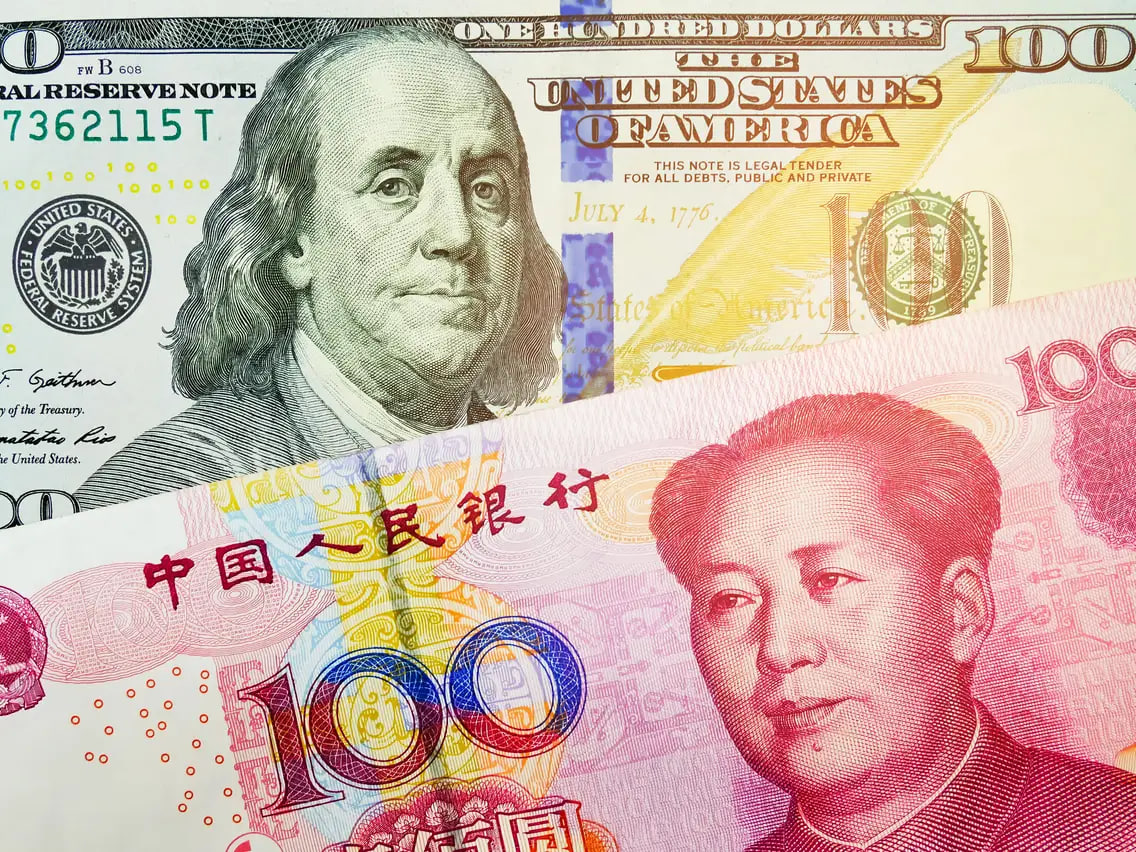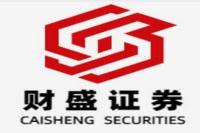Hong Kong's Market Wobble: Decoding the Dip in Hang Seng and Hang Seng Tech Indices (SEO Meta Description: Hang Seng Index, Hang Seng Tech Index, Hong Kong Stock Market, Market Analysis, Investment Strategy, Asia Pacific Market, Stock Market Trends)
Dive into the fascinating world of Asian stock markets! Yesterday's dip in the Hang Seng and Hang Seng Tech indices wasn't just a blip on the radar – it was a potent reminder of the ever-shifting sands of global finance. Forget dry numbers and jargon-filled reports; let's explore the human story behind this market movement. We'll dissect the causes, examine the implications, and uncover what this means for both seasoned investors and those just dipping their toes into the exciting (and sometimes nerve-wracking!) world of stock market investing. We're not just talking numbers here, folks – we're talking about real-world impact, the ripple effects that extend far beyond the trading floor. Prepare to be enlightened, perhaps even surprised, by the interwoven complexities of global economics, geopolitical events, and the simple psychology of market sentiment. This isn't your grandfather's stock market report; it's a deep dive, a behind-the-scenes look at what truly shapes the Asian financial landscape, with insights gleaned from years of experience navigating these often unpredictable waters. Get ready for a thrilling ride! We'll unravel the mystery behind the 1% drop in the Hang Seng and the 0.24% slide in the Hang Seng Tech index, exploring potential factors from global economic headwinds to the ever-present influence of investor psychology. Buckle up, because this is going to be an insightful journey! We’ll even arm you with actionable insights to help you navigate the ups and downs of this dynamic market.
Hang Seng Index Performance Analysis
The Hang Seng Index (HSI), a key benchmark for Hong Kong's stock market, experienced a 1% decline yesterday. This isn't an isolated incident; it reflects broader trends affecting the Asia-Pacific region and the global economy. Let's peel back the layers, shall we?
One major contributing factor is the ongoing global economic uncertainty. We've seen rising inflation in many parts of the world, leading central banks to implement tighter monetary policies. This, in turn, impacts investor confidence and can lead to capital flight, putting downward pressure on stock markets, including the HSI. Think of it like a domino effect – one wobbly piece can trigger a cascade.
Furthermore, the tech sector, often a bellwether for overall market sentiment, has faced headwinds recently. The Hang Seng Tech Index (HSTI), which tracks the performance of leading technology companies listed in Hong Kong, felt this pressure, dipping by 0.24%. This reflects concerns about slowing growth in the tech industry, impacting valuations and investor appetite.
Beyond these macro-economic considerations, there's the ever-present influence of geopolitical factors. Global tensions and uncertainties can significantly impact market sentiment, leading to increased volatility. Remember, investor psychology plays a pivotal role. Fear and uncertainty can lead to sell-offs, amplifying downward trends.
It's also worth noting that specific company news and sector-specific events can have a localized impact on the indices. For example, a major earnings announcement from a large company listed on the HSI could trigger a significant shift, either positive or negative, depending on the results.
Understanding the Interplay of Global and Local Factors
| Factor | Impact on Hang Seng & Hang Seng Tech Indices | Explanation |
|----------------------|---------------------------------------------|-----------------------------------------------------------------------------|
| Global Inflation | Negative | Higher interest rates reduce investor appetite, leading to sell-offs. |
| Tech Sector Slowdown | Negative, particularly on Hang Seng Tech Index | Reduced growth prospects dampen investor enthusiasm for tech stocks. |
| Geopolitical Risks | Negative | Uncertainty and tensions often trigger market volatility and sell-offs. |
| Company-Specific News | Variable (Positive or Negative) | Strong earnings can boost the index, while poor performance can drag it down. |
The decline in the HSI and HSTI underscores the interconnected nature of global markets. What happens in one region can quickly ripple across the globe, impacting economies and investment portfolios alike.
Navigating Market Volatility: Strategies for Investors
For investors, understanding market volatility is crucial. A diversified portfolio, which spreads risk across different asset classes and geographies, is a key strategy. This isn’t just about throwing darts at a board – it's about informed diversification, carefully considering your risk tolerance and investment goals. Don't put all your eggs in one basket, my friends!
Long-term investing often outperforms short-term trading, especially in volatile markets. Patience and a disciplined approach are essential. Emotional decision-making – panic selling when markets dip – can be detrimental to your investment performance. It's easy to get swept up in the daily news cycle, but a long-term perspective helps navigate the short-term noise.
Regularly reviewing and adjusting your investment strategy based on market conditions is also vital. This is where professional advice can be invaluable. A financial advisor can help you create a personalized investment plan aligned with your goals and risk tolerance and assist you in making informed decisions during periods of market uncertainty.
Frequently Asked Questions (FAQs)
-
Q: What caused the recent dip in the Hang Seng and Hang Seng Tech Indices?
-
A: A confluence of factors likely contributed, including global inflation, concerns about the tech sector's growth, and broader geopolitical uncertainty.
-
Q: Is this a sign of a larger market crash?
-
A: It's impossible to predict the future with certainty. While the dip is concerning, it's not necessarily indicative of a major crash. Market corrections are normal, and this could be a temporary setback.
-
Q: Should I sell my Hong Kong stocks?
-
A: The decision to buy or sell depends on your individual circumstances, investment goals, and risk tolerance. Consult a financial advisor for personalized advice.
-
Q: How can I protect my investments during market volatility?
-
A: Diversification, long-term investing, and seeking professional advice are key strategies to mitigate risk.
-
Q: Are there any specific sectors performing better than others in the Hong Kong market currently?
-
A: Specific sector performance varies constantly. Research is key; focus on companies with strong fundamentals and growth potential.
-
Q: What are the potential long-term prospects for the Hong Kong stock market?
-
A: The long-term outlook depends on several factors, including global economic conditions, geopolitical stability, and government policies. Careful analysis is essential before making any investment decisions.
Conclusion
The recent dip in the Hang Seng and Hang Seng Tech Indices serves as a stark reminder of the unpredictable nature of the stock market. While short-term fluctuations can be unsettling, a long-term perspective and a well-diversified investment strategy are crucial for navigating market volatility. Remember to stay informed, seek professional advice when needed, and don't let emotions drive your investment decisions. The journey of investing is a marathon, not a sprint!



